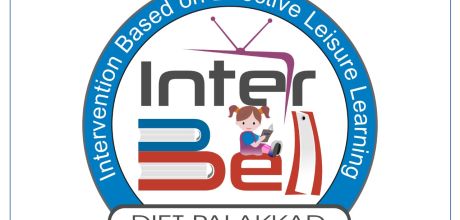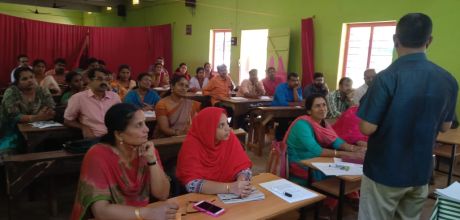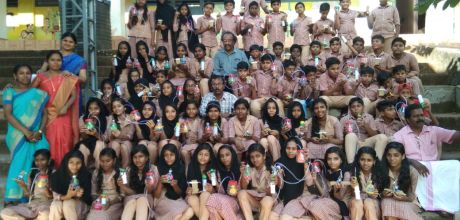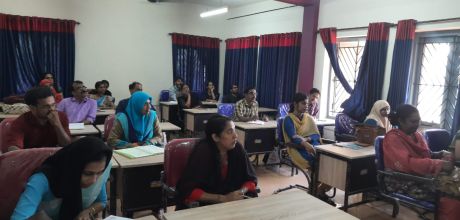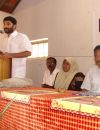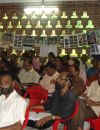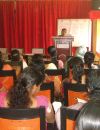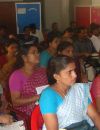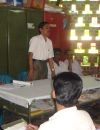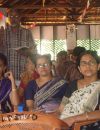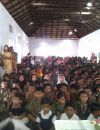PEDAGOGY LAB (661 downloads)
PEDAGOGIC LAB
Appraoch and Plan of Action
DIET PALAKKAD at ANAKKARA
1.Introduction
Department of Education, Government of Kerala, has implemented the new curriculum for Primary classes (From Grades 1 to 7) from the academic year, ie, 2008-09 Kerala. The curriculum is based on following basic tenets. They are,
1.Education is a process of socialization and it should strive for developing critical consciousness in learners through their learning process.
2.Education should equip learners with the concepts, skills and attitudes to identify, challenge, analyse and find solutions to the varied problems that they and the society face.
3.The concepts, skills and attitudes are not to be rote- learned but to be constructed by the learners by involving in the actual societal processes and interaction with texts, materials, physical resources, peers and other members of the society.
2.Core beliefs and assumptions of the curriculum
Based on these basic tenets of the curriculum, a set of core beliefs and assumptions about learners, knowledge and curricular vision about learning and teaching have been developed and included in various documents like, Curriculum materials, Approach papers and Teachers’ source books.
2.1.Core beliefs and assumptions about Learners
The school curriculum is based on the pedagogic principles of Social Constructivist learning, Issue based approach and Critical pedagogy which has been advocated by NCF-2005 and KCF-2007. With the implementation of new school curriculum in Kerala during the past two years this approach has been recognised by teachers, parents and community members as a prominent approach to teaching and learning.
The new curriculum brought in a paradigm shift in the beliefs and assumptions about the nature of learners and their learning process. They are the following.
1.Each learner is an individual having unique individuality
2.Each learner looks at the world in his/her own way so that each learner’s construct about the world differ from others construct.
3.Each learner construct meaning about the world in his/her own way.
4.The attitudes, aptitudes, interests, capabilities and potentials of each learner differs from that off others.
5.Since learners come from different social and home settings, their expereinces, world views, beliefs and assumptions about himself/ herself and others will be different.



